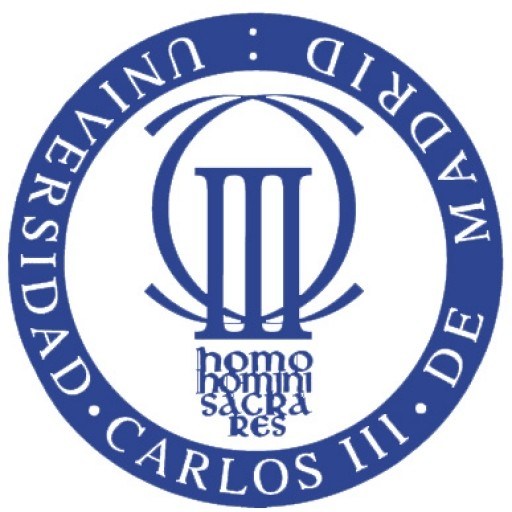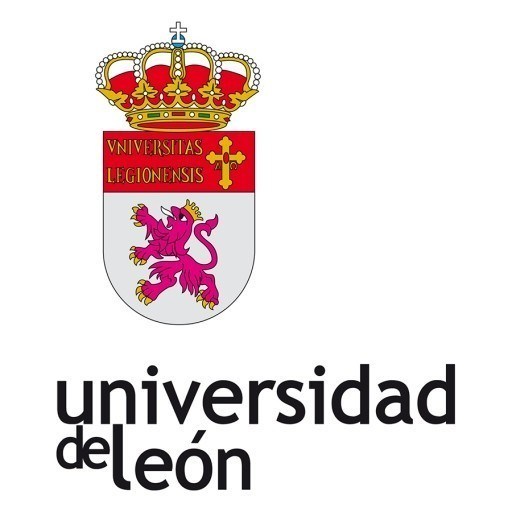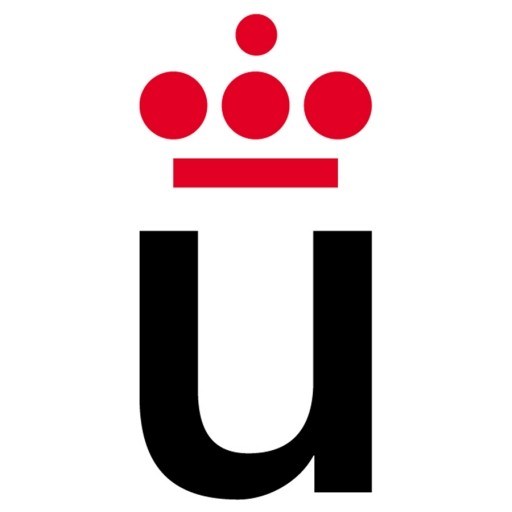Photos of university / #uabbarcelona
The Bachelor's Degree in Culture and Economy at the Autonomous University of Barcelona offers students an in-depth understanding of the complex relationship between cultural practices, economic systems, and societal development. This comprehensive programme combines interdisciplinary studies in humanities and social sciences to equip students with the analytical skills necessary to interpret and address contemporary cultural and economic challenges. Throughout the course, students explore topics such as cultural heritage management, economic policies affecting cultural industries, globalization impacts on local cultures, and sustainable development within cultural contexts. The curriculum emphasizes critical thinking, research methodology, and practical application, preparing graduates for careers in cultural institutions, public administration, consultancy, and international organizations. Students have opportunities to engage in European and international projects, participate in internships, and develop bilingual or multilingual communication skills, enhancing their employability in a globalized job market. The programme fosters a rich academic environment through seminars, workshops, and collaborations with cultural and economic sector professionals. It aims to cultivate not only specialized knowledge but also ethical awareness and a commitment to social responsibility. Graduates of this programme are equipped to contribute innovatively to cultural policy, economic planning, and social development initiatives. With a faculty comprising experts from diverse disciplines, the programme ensures a rigorous and multidisciplinary education that responds to the evolving demands of the cultural and economic sectors. Graduates are prepared to pursue further studies or enter the workforce with a broad perspective and analytical capacity, making meaningful contributions to cultural and economic development in Spain and beyond.
The Bachelor’s Degree in European Union and China: Culture and Economy at Autonomous University of Barcelona offers an interdisciplinary curriculum designed to provide students with a comprehensive understanding of the cultural, historical, political, and economic relations between the European Union and China. This innovative program aims to equip students with the critical skills and knowledge necessary to analyze bilateral interactions and emerging global trends that shape both regions’ social and economic landscapes.
Throughout the course, students will explore the rich cultural histories of Europe and China, examining their traditional values, social structures, arts, and philosophies. The program emphasizes cross-cultural communication and intercultural dialogue, fostering an appreciation for the diverse cultural expressions and cultural policies that influence bilateral relations. In addition to cultural studies, the curriculum integrates in-depth modules on political science and international relations, providing insights into the diplomatic, economic, and security dimensions of EU-China interactions.
Economics and trade constitute a core component of the program, where students will analyze international trade theories, global market dynamics, and economic development strategies within both regions. Special focus is given to understanding economic policies, investment flows, and the impact of globalization on local industries and labor markets. The program also examines contemporary issues such as sustainable development, technological innovation, and the role of international organizations in fostering cooperation between the EU and China.
Students will have opportunities for practical learning through case studies, internships, and projects that target real-world challenges related to bilateral trade, cultural exchange, and diplomatic negotiations. The interdisciplinary approach prepares graduates for careers in international relations, global trade, cultural diplomacy, research, and policy-making.
The program is taught by experienced faculty members from diverse academic backgrounds, offering students a stimulating environment for critical thinking and research. With a strong focus on multilingual communication skills, students are encouraged to develop proficiency not only in English but also in additional languages relevant to the European Union and China, such as Spanish, Chinese, or European languages.
Graduates of this program will be well-positioned to contribute to international organizations, governmental agencies, multinational corporations, cultural institutions, and NGOs working at the intersection of European and Chinese relations. They will be equipped to analyze and manage complex bilateral issues, promote cultural understanding, and foster economic cooperation for sustainable development. This degree also provides a solid foundation for those interested in pursuing further studies or research in related fields such as international relations, cultural studies, economics, or Asian and European studies.
Program requirements for the Degree in Culture and Economy at Autonomous University of Barcelona typically include a combination of academic prerequisites, language proficiency, and specific coursework. Applicants are generally expected to have completed secondary education with a strong background in humanities, social sciences, or related fields. Proficiency in Spanish and Catalan is essential, with additional requirements for English language skills, often verified through standardized tests such as TOEFL or IELTS, to ensure students can access international course materials and participate in exchange programs.
Prospective students must submit academic transcripts demonstrating passing grades in relevant subjects. Some programs may require a motivation letter or personal statement outlining the applicant's interest in culture and economy, as well as letters of recommendation from previous educators. The university may also conduct an interview or assessment to evaluate the applicant's motivation, academic potential, and language abilities.
Enrollment prerequisites include meeting the minimum age requirement of 17 years and, in some cases, passing national entrance exams or equivalent qualification assessments. Applicants without the necessary language skills might be advised to enroll in preparatory courses or language improvement programs offered by the university.
International students are usually required to provide proof of legal residence and a valid student visa, depending on their country of origin. Additionally, applicants must fulfill health and insurance coverage requirements as stipulated by Spanish regulations for international students.
The program structure is designed to combine theoretical coursework in cultural studies, economics, history, and sociology with practical experiences such as internships, workshops, and seminars. These are aimed at developing analytical skills, cultural awareness, and economic understanding. Some courses might also require a final project or thesis that demonstrates comprehensive knowledge of the intersection between culture and economic factors, emphasizing critical thinking and research methodology.
Overall, meeting these admission requirements ensures students are well-prepared to engage with the multidisciplinary curriculum, fostering a deep understanding of cultural dynamics and economic processes within European and Chinese contexts as part of the program’s international focus.
The financing of the "Culture and Economy" degree program at the Autonomous University of Barcelona is structured to provide students with accessible and sustainable options to support their studies. The university offers a comprehensive scholarship and financial aid system aimed at both domestic and international students, facilitating their academic pursuit regardless of financial background. Scholarships are awarded based on academic merit, economic need, and specific eligibility criteria, including regional origin or field-specific achievements. Additionally, students can benefit from government grants, regional subsidies, and Erasmus+ mobility programs, which are designed to promote international exchange and cultural understanding. The Autonomous University of Barcelona also provides information about part-time work opportunities on or near campus, enabling students to supplement their financial resources while gaining valuable work experience. Tuition fees are set annually and are competitive within the region, with different rates applicable to Spanish, European Union, and non-EU international students. The university maintains transparency regarding fee structure and financial assistance options through its official website and student support services. For international students from China and other non-EU countries, additional scholarships may be available through bilateral agreements or specific scholarship programs targeted at Chinese students, sponsored by the university or external bodies. The university also encourages students to explore external funding sources, such as private foundations and cultural organizations, that offer grants for students engaging in intercultural and economic studies. Financial planning courses and advisory services are provided to help students create sustainable budgets throughout their academic journey. Moreover, the university's financial aid policies aim to reduce economic barriers and promote inclusive access, emphasizing diversity and internationalization. Overall, the financing strategies of the program are designed to ensure that students can fully focus on their studies in Culture and Economy without undue financial stress, fostering an environment of academic excellence and cultural exchange.
The Bachelor’s Degree in Culture and Economy at the Autonomous University of Barcelona offers students a comprehensive understanding of the interconnected nature of cultural and economic phenomena within European and Chinese contexts. This multidisciplinary program is designed to develop critical thinking and analytical skills, enabling graduates to interpret complex cultural trends and economic processes. The curriculum incorporates a blend of humanities and social sciences, including courses in cultural studies, economics, history, and international relations, with a particular focus on European and Chinese societies.
Students in this program are introduced to the study of cultural heritage, contemporary cultural industries, and the economic mechanisms that underpin cultural production and dissemination. Emphasis is placed on understanding the role of culture in economic development and vice versa. The program also explores themes such as globalization, migration, cultural diplomacy, and the impact of technological advancements on cultural and economic exchange. Special modules may include comparative analyses of European and Chinese cultural policies, economic strategies, and societal transformations.
Throughout their studies, students engage with case studies, participate in seminars, and undertake research projects that analyze real-world issues related to the intersection of culture and economy. The program prepares graduates for careers in cultural management, policy-making, international organizations, consultancy, and research institutions. It also offers pathways for further academic specialization through master’s degrees.
Academic instruction combines lectures, group discussions, practical workshops, and internships, fostering an active learning environment. The Autonomous University of Barcelona also emphasizes internationalization, providing opportunities for exchanges with European and Chinese universities, internships in relevant industries, and participation in international conferences. The program is suitable for students interested in understanding how cultural identities influence economic policies and how economic changes shape cultural expressions, especially in the context of European and Chinese interactions.
Overall, this Bachelor’s Degree in Culture and Economy equips students with the knowledge and skills necessary to analyze and address cultural and economic challenges in a globalized world, emphasizing European and Chinese perspectives. It fosters intercultural understanding, critical analysis, and practical skills needed for diverse professional roles in a rapidly changing global environment.






